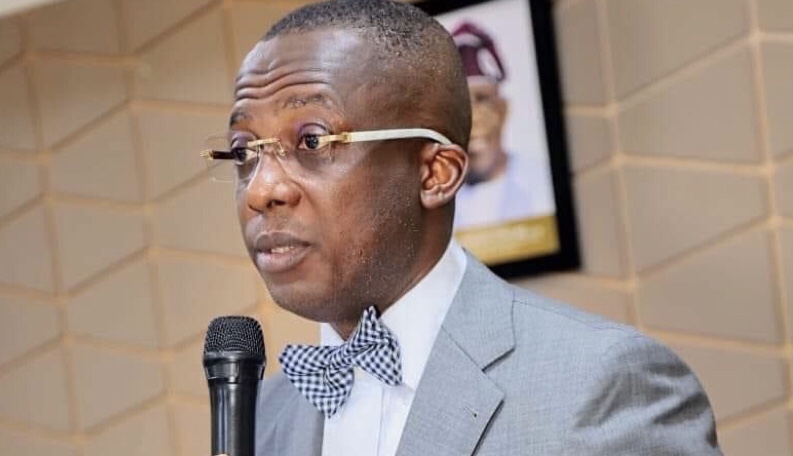The Lagos State Government has postponed the ban on styrofoam and other single-use plastics (SUPs) by three weeks.
This was revealed by Commissioner for Environment and Water resources, Tokunbo Wahab on Thursday.
NewsClick Nigeria reports that Wahab had on January 21, via his X account announced an immediate ban on the usage and distribution of SUPs, especially styrofoam across the state.
He said the ban was due to the impacts of SUPs, especially non-biodegradable styrofoam, on the environment.
However, in a new post on X on Thursday, the commissioner said the state will offer a three weeks moratorium to all producers and distributors of styrofoam after which the enforcement will go into full force.
“The number of lives that have been lost through the effect of the use of styrofoam, the destruction of the ecosystem and aquatic lives as well as the menace brought upon the environment cannot be quantified,” the statement reads.
“As a responsible government, the lives of the residents are far more important than the profit producers set to make for the continuous production of styrofoam.
“The only moratorium that the state is willing to offer all producers and distributors of styrofoam is to delay the commencement of enforcement of the ban by three weeks after which the government will go on full enforcement of the law.”
Wahab said the government has had meetings with representatives of the Manufacturers Association of Nigeria (MAN) and Restaurant and Food Services Proprietor Association of Nigeria (REFSPAN), noting that there will be “no going back” on the total ban.
He maintained that if producers had been more environmentally responsible, the government would not have had need to take such bold step.
“The Lagos State government has been having different conversations with manufacturers on ways to end the use of single-use plastics in the State despite the pronouncement of the ban over 3 years ago, but the government has decided to take a bold step to stop the use, particularly styrofoam,” he said.
“The havoc and destruction caused to public utility by single-use plastics during and after the rainy season is unimaginable. If the producers had been responsible enough to respect the law, the government would not have had to wade into the matter.”

